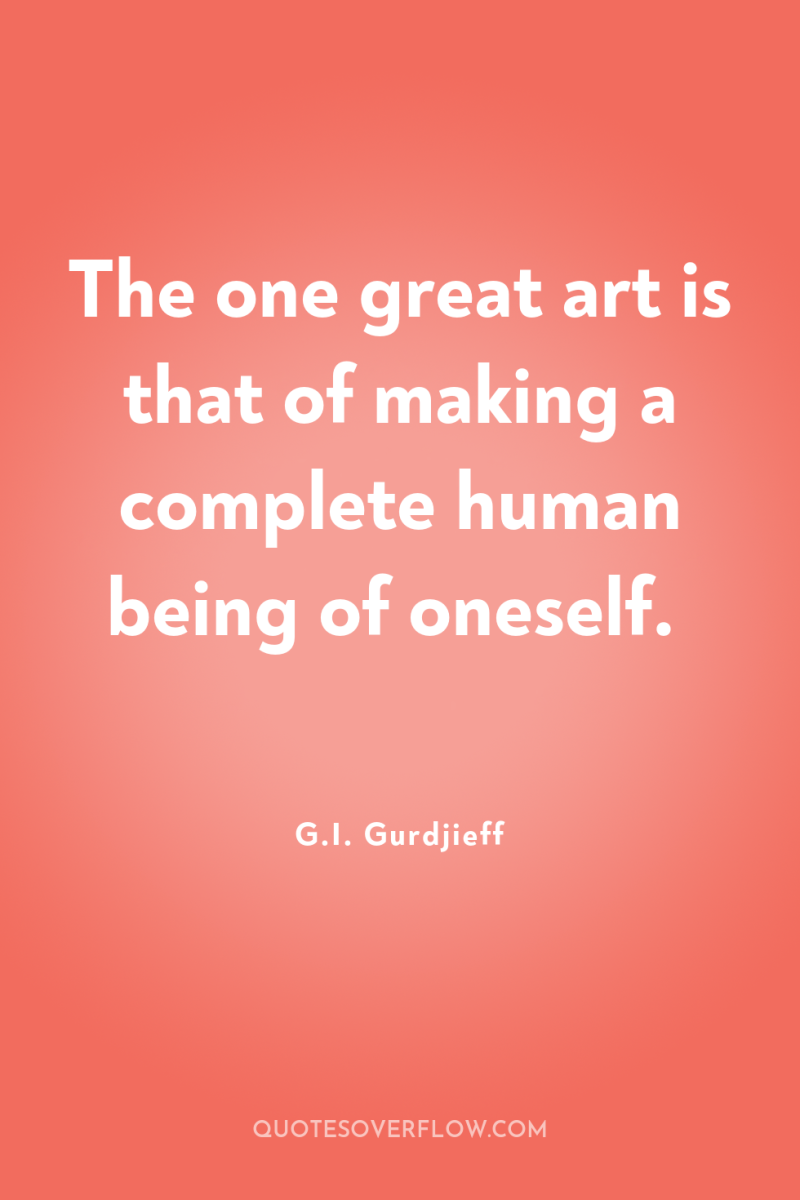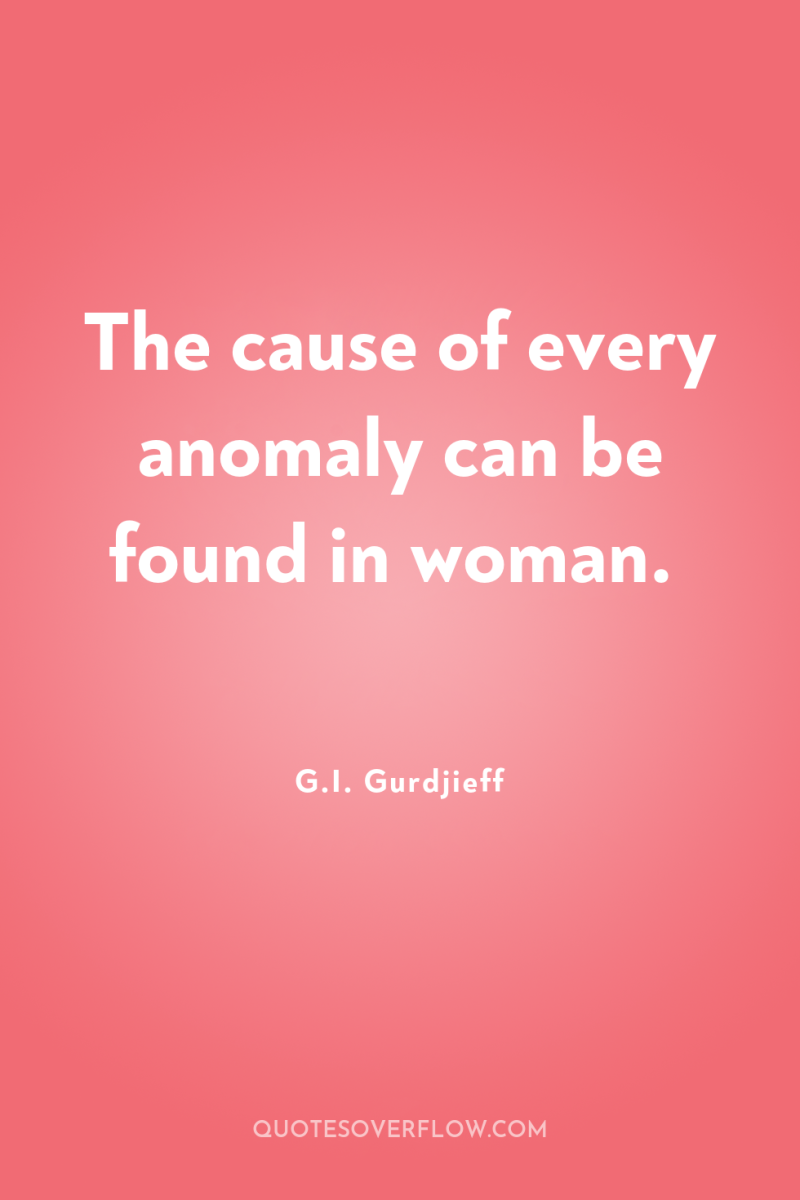G.I. Gurdjieff, born Arakcheiev, was a teacher of extraordinary talent and charisma, but also one whom many considered to be a charlatan or at least an imposter.
Born in 1866 in Karakalpakstan, Gurdjieff was brought up by his father, an Armenian castaway who had somehow managed to survive the Armenian Genocide. He was raised in an atmosphere of utter poverty and violence resulting from the war between Russia and Turkey that killed his mother, Aida
Read more
Gurdjieff spent his early life as a shepherd, then as a soldier in the Turkish Army; he was wounded during the Russo-Turkish war of 1877-78. He left military service after being diagnosed with tuberculosis. After several years of wandering through Europe, he settled in Moscow where he became a writer for various Moscow newspapers and wrote books which were published by the Moscow publishing house of Izvestia.
He had some success as a writer but was unsuccessful as a public speaker.
His first attempts at teaching amounted to no more than three months at one summer camp on the Black Sea coast before he abandoned them altogether. He spent most of his life teaching for just 12 months out of every 7 years until his final days at the Institute for Higher Studies at Fontainebleau in France on October 28th, 1910.
During this period Gurdjieff taught only at night because he had no time during the day to prepare for classes. He generally lectured to small groups on subjects such as "The Meaning of Life" or "The Art of Happiness."
He later assembled these lectures into books which are now quite popular among both Russians and Westerners alike including Beelzebub’s Tales to His Grandson (1913), The Life Satisfaction Handbook (1914), What Is Enlightenment? (1917), Twenty-Three Years Among Savages (1923) and Concerning the Spiritual In Man (1925).
He wrote books about art and music but never published anything on literature or philosophy because he considered himself above all these disciplines, claiming that there is only one subject matter worth writing about: "the meaning of life."
While living in France he met his French wife Odessa and fathered two daughters with her before they divorced after living together for 30 years. They later reconciled and Odessa died in 1944 following a long illness at age 67. In 1950 Gurdjieff married




